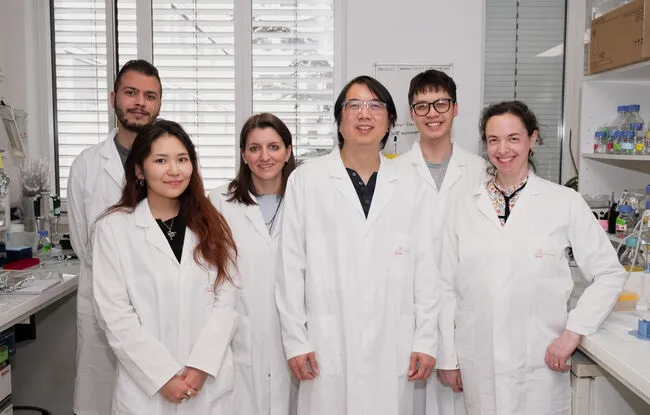- Home >
- Research and Innovation >
- Our teams >
- Research teams and groups
Research teams and groups
Institut Curie’s Research Center gathers 86 research teams and translational research groups. Their multidisciplinary and interdisciplinary work falls within the fields of biology, chemistry, and physics, and also requires skills in biochemistry, physics of living systems, cell biology, computational biology, developmental biology, and biology of tumors, as well as in radiobiology, genetics, epigenetics, immunology and molecular imaging.

Find a team
Filter
Filter
Research themes
Units
Manager
Labels
Find a team
93 result(s)































